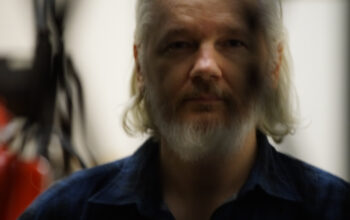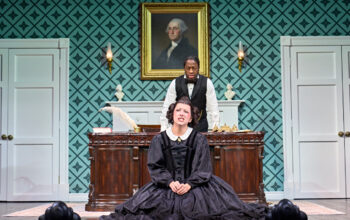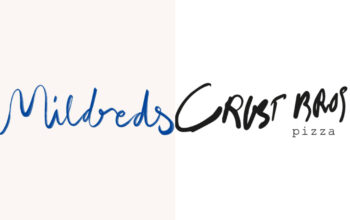Newspapers granted the right to mount appeal over Prince Charles’ lobbying letters

Yesterday Lord Chief Justice of England and Wales, Igor Judge, and two other high court judges ruled that the Guardian newspaper had the right to appeal a decision made earlier this month to keep details of Prince Charles’ lobbying of government hidden from the public.
The ruling is the latest twist in a legal saga – that has lasted eight years – involving the heir to the throne and one of the country’s largest newspapers.
In 2005, the Guardian issued a freedom of information request concerning 27 letters that had been sent by Prince Charles to nine different government departments that reportedly sought to influence policy. Government officials vehemently resisted the request, but a freedom of information tribunal ruled in 2012 that the letters were in the public interest and should be disclosed.
However, the attorney-general then employed his power of veto to permanently block the letters saying in a public statement that the letters were “particularly frank” and could undermine the prince’s “position of political neutrality”.
Given that the Prince of Wales is an unelected official, there are deep concerns that his intervention to influence policy is undemocratic. Concerns have been further compounded by the decision to refuse the freedom of information request.
Last week, the prince was reported to have lobbied further members of parliament. Meeting with Health Secretary Jeremy Hunt, it is alleged that Prince Charles lobbied the secretary about making homeopathy available on the NHS, sparking further anger.
Labour MP, Steve McCabe told the Independent that it was “extraordinary” that the prince be “allowed to do this in secret,” whilst his colleague Paul Flynn described the prince’s attempts to have a say in NHS spending as “ludicrous”.
The Guardian is set to launch its appeal later this year.
Joe Turnbull

























Facebook
Twitter
Instagram
YouTube
RSS